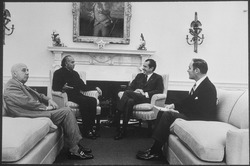- Messages
- 112
- Reaction score
- 921
- Points
- 103
but I didn,t mean that word to word memorization but just taking the idea from its content and writing in own wordsNo memorization, u have to understand the meaning and write in ur own words, Only memorize references for (a)parts


